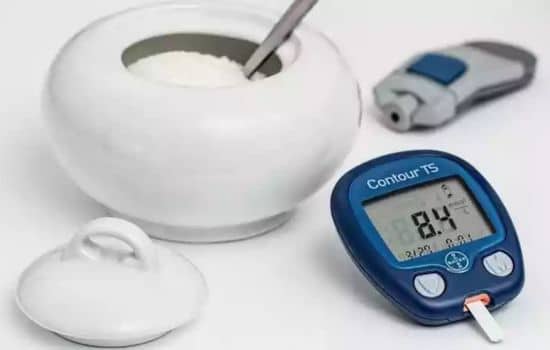Advertisements
Diabetes, especially type 2, has traditionally been viewed as a chronic, progressive condition.
But there is a path to diabetes remission: A Possible Journey.
Advertisements
However, with recent advances in medicine and significant lifestyle changes, many people have found a path to remission, what some call becoming an “ex-diabetic.”
This article offers a comprehensive guide on how it is possible to overcome diabetes and what this hopeful journey entails.
Advertisements
Understanding Diabetes
Diabetes is a metabolic disease characterized by high levels of glucose (sugar) in the blood.
There are two main types:
- Type 1 Diabetes: Autoimmune condition where the body does not produce insulin.
- Type 2 Diabetes: In which the body produces insulin, but cannot use it efficiently.
See Also
- Application to Increase the Battery Life of your Cell Phone
- Why Use an Offline GPS?
- Listen to music offline
- Mobile DJ App
- Tape measures on mobile
Type 2 diabetes is more common and is often associated with lifestyle and genetic factors. Unlike type 1 diabetes, it is in type 2 that the greatest chance of remission is seen.
The Possibility of Remission
Remission of type 2 diabetes means achieving and maintaining a fasting blood glucose level below 126 mg/dL without the use of antidiabetic medications.
This does not mean that diabetes is cured, but that it is at a state where blood glucose control is normalized.
Key Factors for Remission
- Gain lean mass: Many studies show that gaining lean mass is a great facilitator of remission.
- Changes in diet: Eating a diet rich in vegetables, fruits, lean proteins and whole grains and low in refined carbohydrates and sugars can help.
- Regular physical activity: Regular exercise helps improve the effectiveness of insulin and reduce blood glucose levels.
- Stress management and adequate sleep: Stress and lack of sleep can negatively affect blood glucose levels.
Action Plan to Overcome Diabetes
Complete Medical Evaluation
Before making any drastic changes, it is essential to have an evaluation with a healthcare professional to understand your specific diabetes situation and any other health issues that may impact your journey.
Nutritional Strategies
Adopting a healthy diet is vital.
Working with a nutritionist can help you create a personalized eating plan that not only improves your diet, but also fits your preferences and lifestyle.
You don't need to starve yourself, just eat better.
Incorporate Physical Activity
Start with light activities and gradually increase the intensity.
Whether it's a daily walk or swimming lessons, the important thing is to stay active.
A walk around your neighborhood block can make all the difference.
Regular Monitoring
Keeping a food diary and monitoring your glucose levels can help you understand how different foods and activities affect your body.
Following your body will help you understand it better and thus you will be able to win this battle.
Psychological Support
Dealing with lifestyle changes and managing a chronic condition can be emotionally challenging.
Psychological support or support groups may be helpful.
Support from family and friends also helps, sometimes it is necessary to open up and talk to those you trust.
Success Stories and Motivation
Hearing stories from people who have achieved remission can be inspiring.
Although each person is unique, learning from the experiences of others can provide valuable motivation and insights.
Seeing the stories of people who have overcome type 2 diabetes encourages you to do what you think is difficult and to continue.
Challenges and How to Overcome Them
Every journey has its obstacles.
Whether it's a dietary setback, difficulty maintaining an exercise regimen, or emotional challenges, it's important to recognize these challenges and know that it's normal to face them.
Having strategies to overcome these moments can make all the difference. Creating your support network and believing in yourself helps you continue in this process.

In conclusion
Although there is no definitive cure for type 2 diabetes, remission is a reality for many and can mean a great improvement in quality of life.
With dedication, proper support and the right strategies, it is possible to significantly transform your health and potentially reverse the symptoms of diabetes.
This article is a starting point. Continue exploring, learning, and discussing with your doctor to find the best path for your health.




